“The folks at Samba Scientific have been brilliant partners to us: their knowledge of the life science industry and expertise in lead generation has enabled our marketing to make giant leaps.”
Our specialty
As a B2B life science company, you need to target a very particular audience with a complex message.
At Samba Scientific, we are more than a biotech and life science marketing agency. We are scientists turned marketers. We speak your language, know your tech, and understand your audience.
Identify the right lead, establish trust, and increase revenue with Samba’s carefully targeted campaigns and inbound marketing strategies.

• Conversion optimization
• Social media and email marketing
• Google Ads and third-party ads creation and management
• CRM management include automated lead nurturing
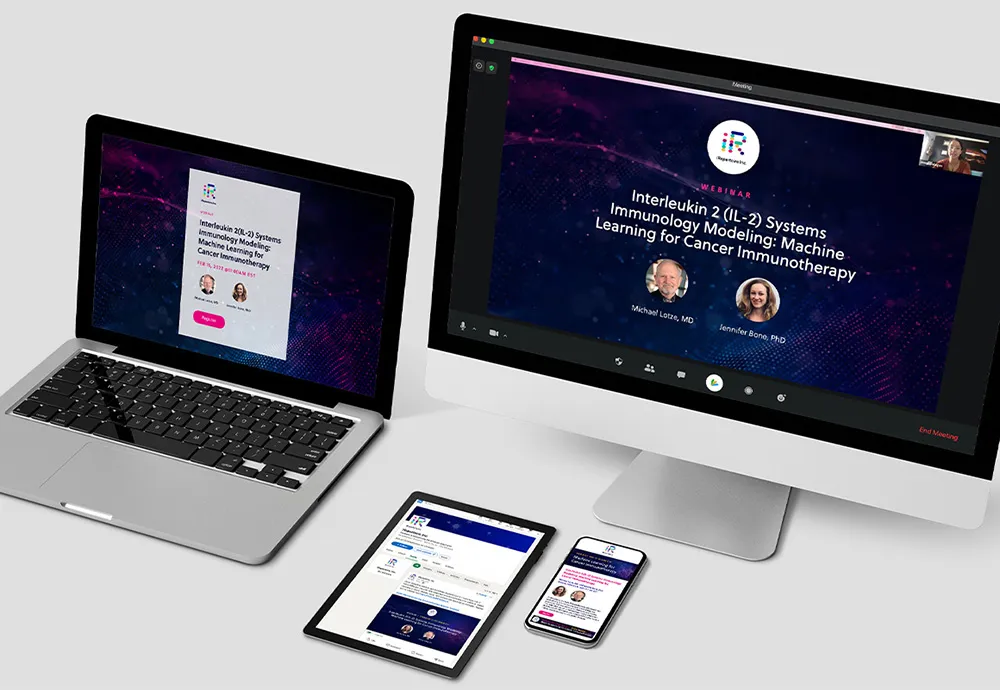

• Establish brand guidelines
• Technical graphics
• Interactive website designs
• Conference backdrops, swag, and handouts
• In-depth white papers
• Descriptive case studies
• Informative press releases
• Promotional and informational videos
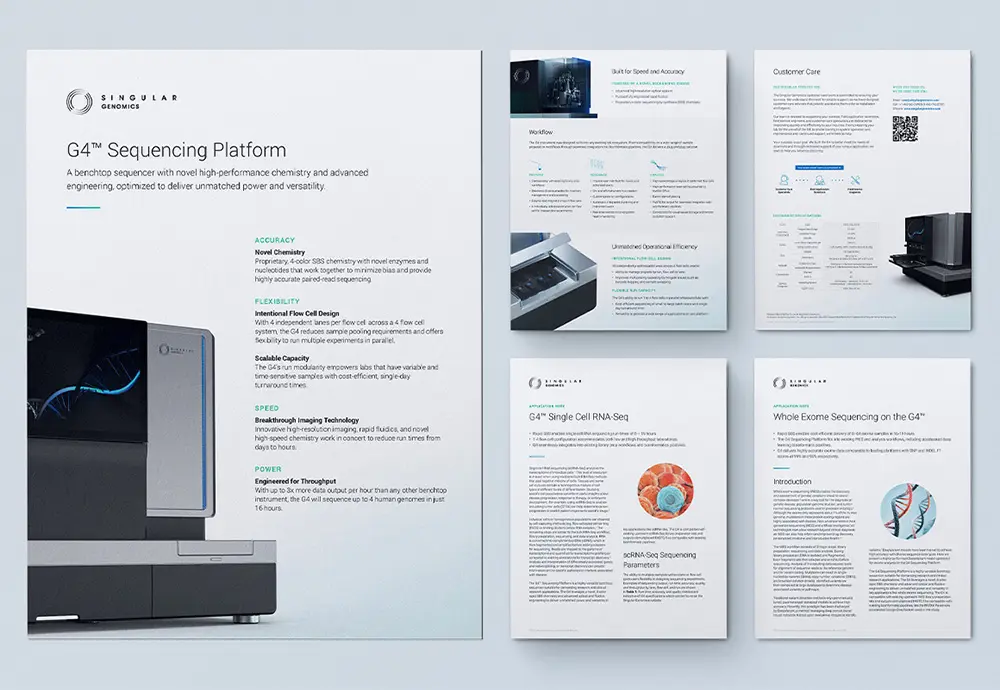
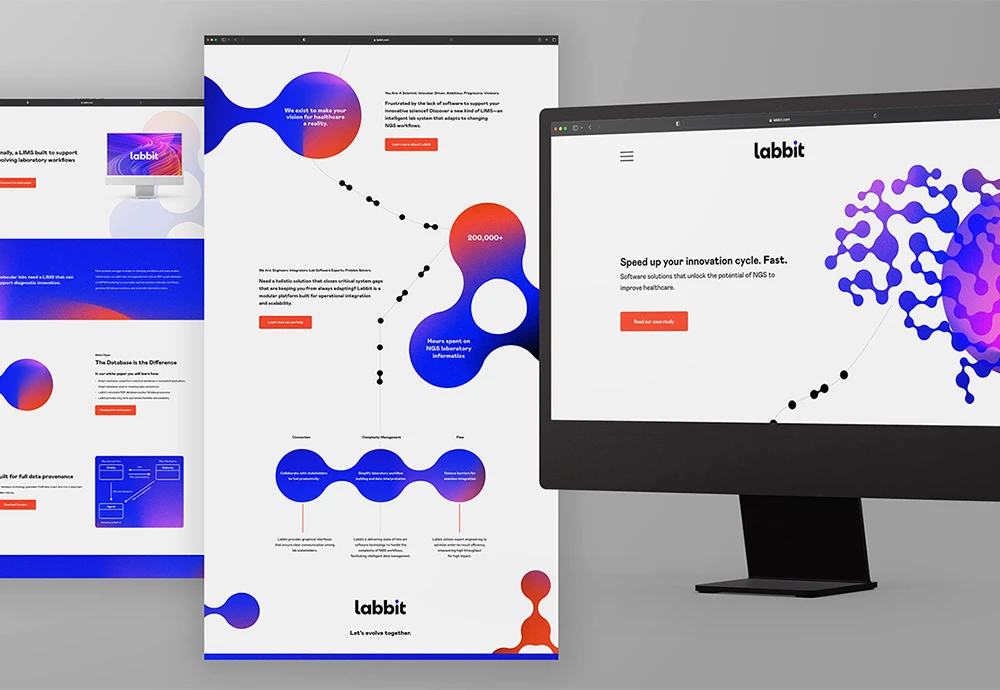
• Custom builds in WordPress
• SEO and mobile-friendly focus
• Flawless service stack integration
• Long-term maintenance and support
“The folks at Samba Scientific have been brilliant partners to us: their knowledge of the life science industry and expertise in lead generation has enabled our marketing to make giant leaps.”

“Samba had a deep understanding of our competitive landscape and market and provided a thoughtful marketing strategy that focused on measurable results. They succeed at creating tailored approaches for small, fast-moving companies.”

“Samba is an invaluable partner when it comes to our marketing and creative efforts. Samba supports us with website design, collateral, social media, swag, signage, conference booths, webinars, business card design, and so much more.”

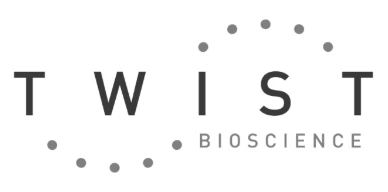
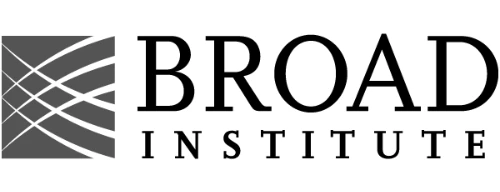

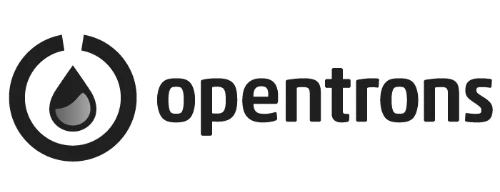
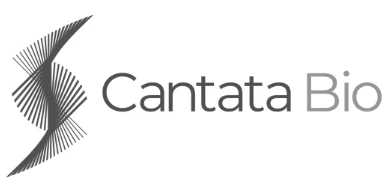
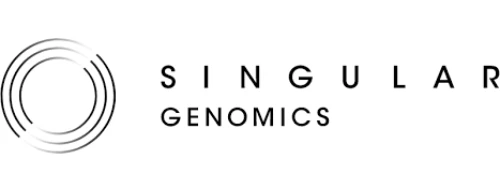
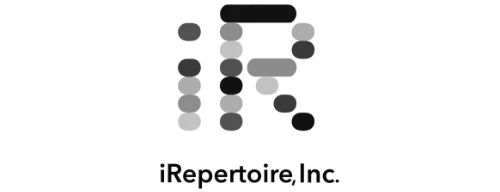
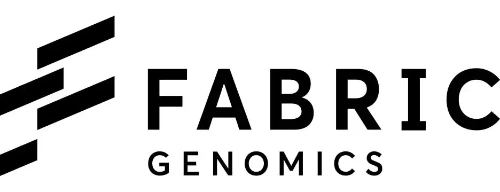
Get the latest tips, tricks, and news


Get the latest tips, tricks, and news


Copyright © 2024 Samba Scientific. All rights reserved.